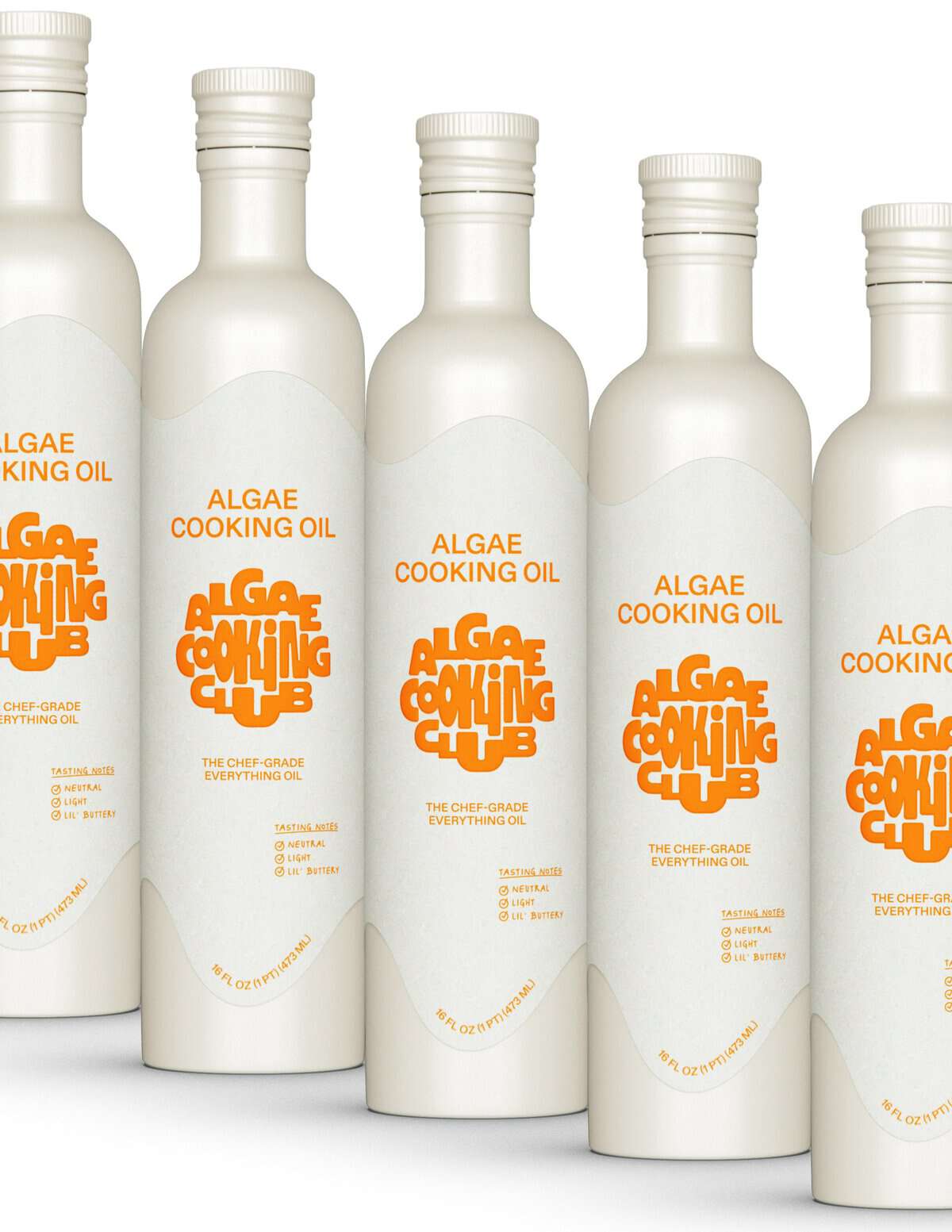Using the power of fermentation, the US startup Algae Cooking Club produces, in just three days, a chef-grade cooking oil derived from microalgae using significantly fewer resources and emitting less carbon than traditional vegetable oils.
Claimed as the first microalgae-based fat launched in the US market, the algae oil is more than a sustainable alternative: it’s a culinary innovation.
“We believe teeny tiny microalgae can have a big impact on nutrition, sustainability, and ultimately our global food system”
The renowned chef Daniel Humm from the 3-Michelin-starred vegan restaurant Eleven Madison Park tested the algae oil extensively in his kitchen and endorsed its quality, joining Algae Cooking Club as its Culinary Officer.
“We were looking for an oil with a neutral taste that could achieve the maximum expression of flavor and texture, and we finally found it,” the chef told Food&Wine.

The impact of microalgae
The unique product, described as versatile with “unparalleled purity,” is suited for diverse tasks from frying to healthy baking. It is said to provide a neutral flavor that enhances both simple and gourmet dishes.
Since microalgae are one of those super ingredients with high nutritional value, the oil contains 93% Omega-9 good fats — higher than in olive or avocado oil. Additionally, it has 75% less saturated fat and only a fraction of Omega-6 linoleic fats.
Moreover, the algae cooking oil has one of the highest smoke points on the market, at 535°F, which means it allows frying, sautéing, and searing without smoking or imparting burnt or rancid off-flavors.
“We believe teeny tiny microalgae can have a big impact on nutrition, sustainability, and ultimately our global food system without sacrificing deliciousness,” Algae Cooking Club states on its website.

Algae for gastronomy
Co-founded by Kas Saidi in 2023 and headquartered in New Castle, Delaware, Algae Cooking Club puts microalgae at the forefront of sustainable oil production. Fermented indoors, these single-cell microorganisms produce high volumes of high-quality fats, proteins, and nutrients using a fraction of the land, water, and carbon needed to make other oils.
Saidi told Forbes that at Squared Circles, a venture studio focused on healthy and planet-friendly consumer products, he identified the potential of algae oil and decided to pursue the innovative culinary ingredient.
Additionally, the fermentation process avoids pesticides, chemicals, and blending. According to the innovator, algae oil production uses less water than sunflower and olive oil and is much more land efficient than canola and olive oil. “Instead of using yeast, we use algae because it is where plant-based oils originated,” states the startup.
Plans for product line expansion
Algae Cooking Club plans to expand its product line with more algae-based finishing oils in collaboration with Daniel Humm’s team. With more products, they aim to expand the use of algae in gastronomy and advocate for sustainable food systems.
“Many cooking oils are still sourced from industrial farming methods while climate change is radically reducing crop yields. An estimated 1.4 billion acres of new farmland will be needed to feed a growing world,” Algae Cooking Club affirms on its website.
Focusing on all aspects of sustainability, the product comes in aluminum bottles to offer the most recyclable packaging.





